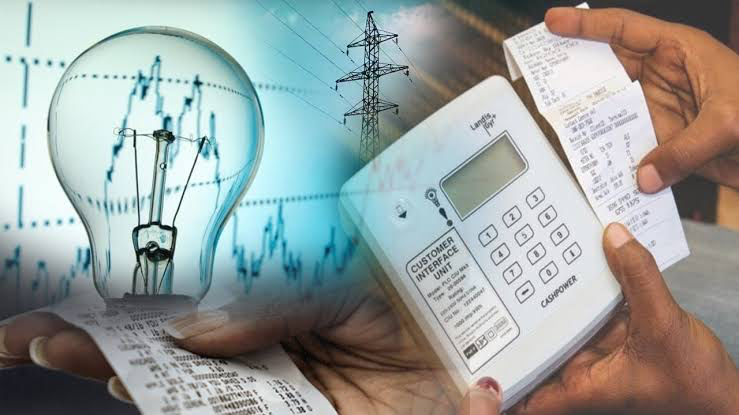KEY POINTS
- Rising energy tariffs in African cities have led to increased operational costs for businesses, resulting in reduced economic growth and job creation.
- Households are facing higher living costs due to elevated energy prices, contributing to increased poverty levels and decreased disposable income.
- Regional initiatives like the African Continental Free Trade Area (AfCFTA) aim to harmonize trade laws and reduce energy costs.
Energy tariffs play a crucial role in the economic growth of African cities and the population as a whole.
The level and characteristic features of these tariffs can act as agents of development by delivering cheap energy or act as impediments to development through high costs and shortages.
Impact on businesses and economic activity
South Africa had severe consequences for the rationing of energy due to the energy crisis in that country. Over the period from 2007 to 2020, the average electricity tariffs went up by 460 percent, which put a huge burden on businesses and households.
Moreover, these rising energy costs have amounted to a decrease in the GDP annually by 1 to 1.3% from 2007 and economically daily losses range from 85 million to $230 million.
The power shortages have also slowed the economic growth, degenerating the creation of an estimated 350,000 possibile new jobs in 2021.
Similarly, in Nigeria, the removal of fuel subsidies and the devaluation of the naira in 2024 led to soaring inflation, reaching a 28-year high of 34.19 percent.
These economic reforms led to higher electricity tariff, an unmanageable cost for most businesses and residing individuals.
Also, the increased cost of living sparked protests across major cities, highlighting the profound impact of energy pricing on urban economic stability.
Effects on households and poverty levels
High energy tariffs have an impact on family budget; it consequently erodes peoples’ income hence poverty is initiated. Residents in most Africa’s cities are put between the exploitation of electricity bills and other basic needs.
Further, there is limited and equally expensive energy access which affects the economic development and quality life.
Policy reforms and regional initiatives
In response to these challenges, policy changes and regional endeavors are being undertaken. The African Continental Free Trade Area (AfCFTA) was established in 2019 to remove tariffs and bring about the same legislation governing trade within the countries that are members of the organization.
This agreement is likely to boost Africa’s energy industry by lowering the price of energy, encouraging more exports of energy between countries, and supporting big renewable projects.
Also, South Africa, Nigeria, and Egypt are some of the nations that can exploit this framework for the improvement of exports and for accessing different renewable energy prospects.
Conclusion
Energy tariffs serve as an indispensable factor influencing the economic processes of African cities. As crucial as tariffs are to sustaining and building energy systems, they have to be reasonable not to damage growth.
Furthermore, ongoing reforms and regional collaborations offer pathways to more sustainable and equitable energy pricing, fostering economic resilience and development across the continent.



